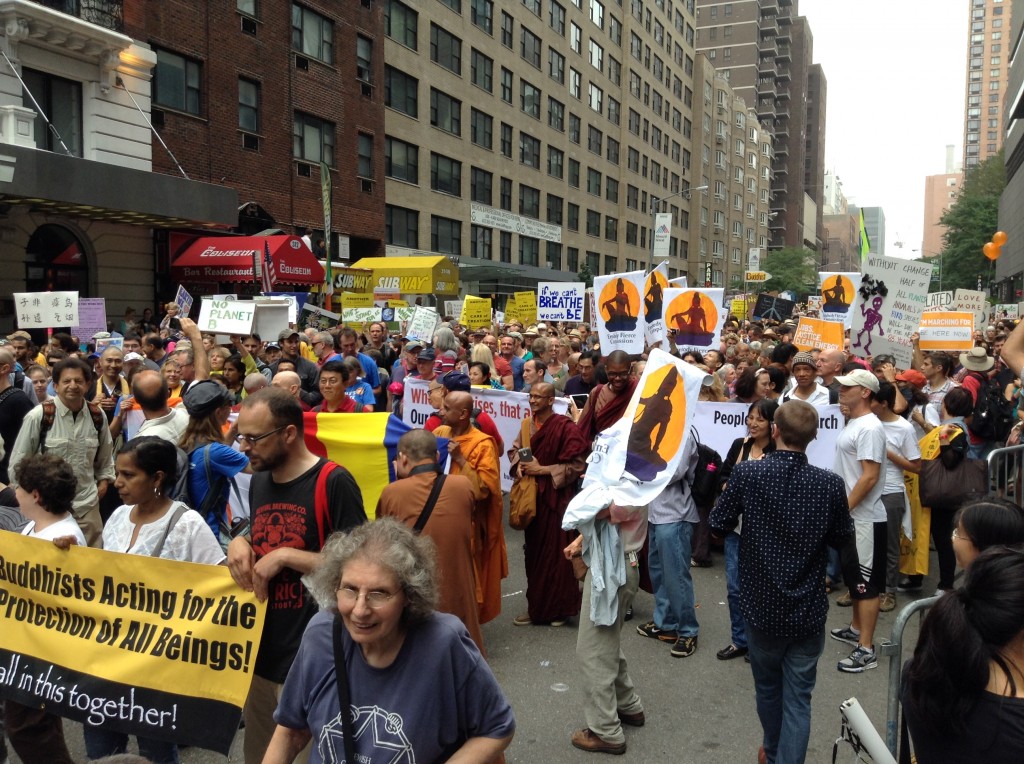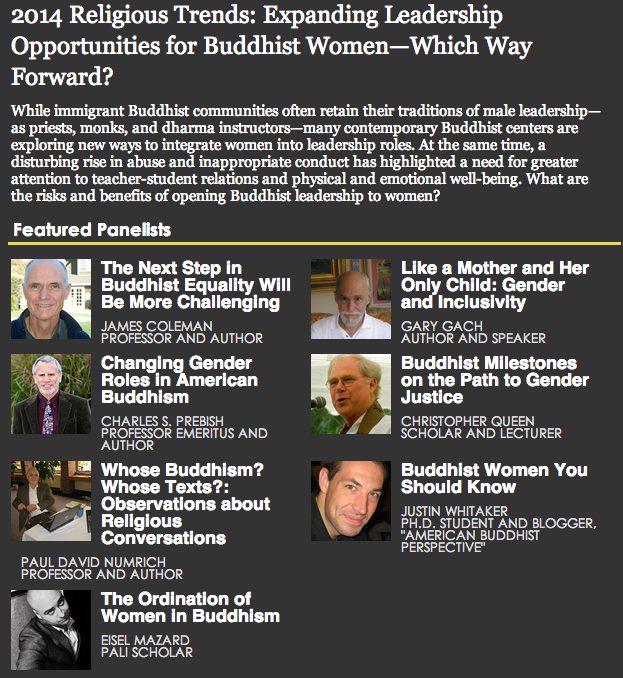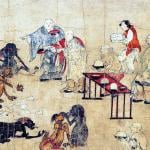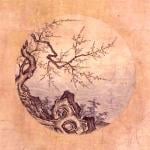 Continuing the end-of-the-year lists, here are five of my favorite dharma books from 2012. (Unlike my list of five favorite films from 2012, I haven’t ranked these — they’re just listed alphabetically.) I really want to know what yours are, and I hope you’ll share them with us in the comments of this post.
Continuing the end-of-the-year lists, here are five of my favorite dharma books from 2012. (Unlike my list of five favorite films from 2012, I haven’t ranked these — they’re just listed alphabetically.) I really want to know what yours are, and I hope you’ll share them with us in the comments of this post.
* Beyond Religion: Ethics for a Whole World by His Holiness the Dalai Lama
This one’s kind of a cheat — but only kind of: the book first appeared in mid-December 2011, but was probably more read in the 2012 calendar year (and the paperback was published in the last few months). His Holiness is a prolific author, and, in many ways, he sounds many notes in Beyond Religion that he has before. At the same time, though, there are some startling new twists: he confesses to seeing the limits of prayer, and calls readers to put compassion into action; he advocates for critics of religious institutions from within and without, and speaks eloquently about their importance in terms of strengthening religion; and he joins Karen Armstrong and others in the search for a common, global set of ethics. It’s fairly exciting to see that His Holiness is still capable of surprise, and very satisfying (not to mention helpful) to see him wax so prophetic.
* From Here to Enlightenment: An Introduction to Tsong-kha-pa’s Classic Text The Great Treatise on the Stages of the Path to Enlightenment by His Holiness the Dalai Lama
In my view, 2012 was a noteworthy year in terms of literary works from His Holiness. In addition to Beyond Religion, the Nobel Peace laureate also authored this very different (though equally striking) volume. What we have here (in a book that Shambhala Publications was kind enough to send me a complimentary copy of, along with some others) is the brilliant marriage of an extraordinary text and an extraordinary commentator that captures all of the nuance of the original material and brims with His Holiness’ own usual insight, wit, and sensitivity. This one is cause for celebration merely as an idea; as a final product, it’s nothing short of astounding. Just read it — not only will you learn much about Tibetan Buddhism, but you’ll also get rich and powerful fodder for contemplation on wisdom and compassion.
* The Scientific Buddha: His Short and Happy Life by Donald S. Lopez, Jr.
OK, this is really a work of Buddhist Studies — not a “dharma book” per se, but one that I think really needs to be read by practitioners. In it, the University of Michigan’s Lopez presents us with two Buddhas: the historical Buddha and the “Scientific Buddha” of the title. The eponymous Buddha here is seen as a largely a creation of the rational, empirical West. To Lopez’s way of thinking, the Scientific Buddha’s teachings “deviate in crucial ways from those of the far older Buddha of ancient India…[threatening] to bleach Buddhism of its vibrancy, complexity, and power.” In the days of so much neuroscientific research and so many attempts to apply Buddhist mindfulness in the context of psychological care, many practitioners won’t appreciate hearing what the author has to say. But, to my way of thinking, Lopez asks some crucially important questions about the way we’ve sculpted and pared down the Buddha into a different kind of being. Have we made the Buddha in our own image? Have we shaved off vitally important aspects of the path in favor of a “secular” tool? Are we rising to the challenges the Buddha initially set? If we can face the questions in Lopez’s book, I think we might just strengthen Buddhism in the 21st century.
* Living By Vow: A Practical Introduction to Eight Essential Zen Chants and Texts by Shohaku Okumura
“While my practice and understanding were greatly enriched by my study of Katagiri Roshi’s style of practice,” writes Shohaku Okumura in Living By Vow. “I also learned from him how to teach Americans.” Herein lies the genius of his book: the author establishes a terrific model for translating practice instruction from one context to another. (Wisdom Publications put it perfectly in the book’s description on their website: “A scholar of Buddhist literature, he masterfully uncovers the subtle, intricate web of culture and history that permeate these great texts.”) In and of itself, though, the book is very powerful, with gentle and precise instructions that we all can learn from, regardless of tradition. What a uniquely wonderful dharma teacher (and author) we have here in Okumura, and let’s hope that many more books appear that take the same exemplary care in articulating time-honored practices that Living By Vow has.
* Right Mindfulness: Memory & Ardency on the Buddhist Path by Thanissaro Bhikkhu
Like Lopez’s book, “Ajahn Geoff’s” latest is meant to be a corrective for a culture that both authors see as having misunderstood much of the Buddhist path.The author brings the usual impeccable scholarship and strong conviction to demonstrating that “As [the Buddha] defined the term, right mindfulness is not bare attention. Instead, it’s a faculty of active memory, adept at calling to mind and keeping in mind instructions and intentions that will be useful on the path. Its role is to draw on right view and to work proactively in supervising the other factors of the path to give rise to right concentration, and in using right concentration as a basis for total release.” Whether it’s either/or or both/and, Right Mindfulness stands out as a very important new treatise on the Buddhist subject that gets the most play in popular culture.











